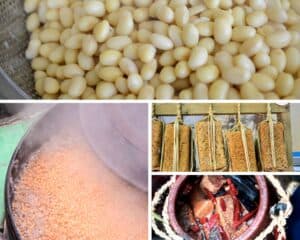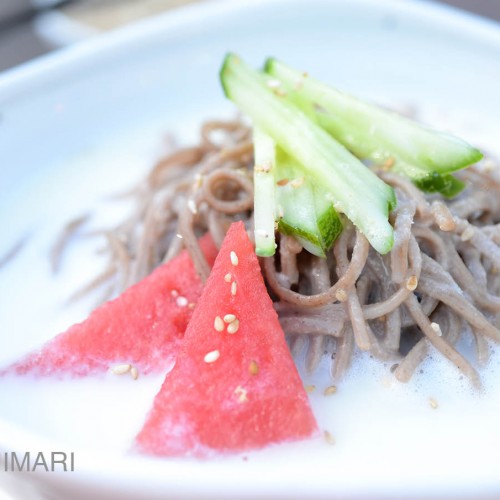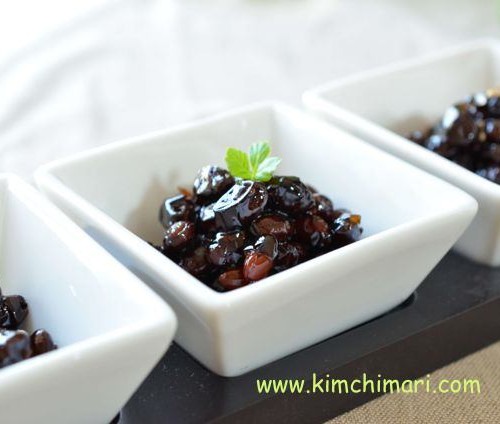What are soybeans ?
Soybeans are one of the most widely used ingredients and food sources in Korea, and their usage can be traced back over 4,000 years ago. Smaller beans are often used for sprouting while larger varieties are boiled and used in fermented products.
There are two types of soybeans in Korean cooking: yellow and black. Yellow soybean (mejukong 메주콩, AKA baektae 백태) is the soybean used for making soy sauce and bean paste (doenjang and gochujang), which is why people refer to it as "meju" bean.
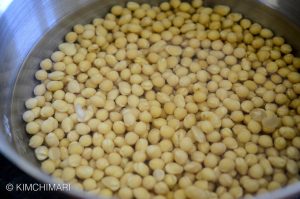
The black soybeans are called Heuktae 흑태 and can be used to make soymilk but not used to make fermented meju blocks.
Where and What To Buy
Most grocery stores, online, Amazon
Here's a sample picture of a package. Soybeans are pretty much the same unless you want to find an organic one.
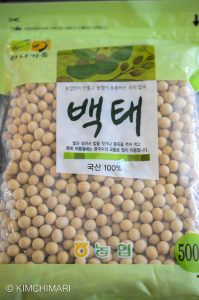
How to Use/Cook
Korean Gochujang, Doenjang and Ganjang (soy sauce) are all made from fermented soybeans and salt. Soybeans are also cooked and pressed to make Tofu. So soybeans play a very important part in Korean cuisine.
Fermented soybean pastes and sauces (see above) are commonly used as seasonings for stews, soups and many Korean dishes.
Once the meju is fully fermented, it is either crushed into powder to make Gochujang and Doenjang or added to brine and fermented to make Guk Ganjang (soup soy sauce). Note, sometimes, the remaining soybean bits after making Ganjang can also be made into Doenjang but it's not as full flavored as the first version.
Besides the above, soybeans can also be used for making soy milk and oil. If you cook the beans and then you can blend them to make Kongguksu (cold soy milk noodle soup).
Koreans also used soybean oil a lot in cooking years ago but not so much anymore.
How to Clean/Store
Dried soybeans should be store in a cool dry place away from direct sunlight. Keep them in a tightly closed container and they will last for 2-3 years.
How To Grow
You can grow soybeans much like any other legume plants.
Nutrition/Health Info
The American Cancer Society has reported evidence that eating soy-based foods can potentially lower the risk of some cancers such as breast, prostate and endometrium cancer.
The Food and Drug Administration has reported the claim that 25 grams of soy protein per day can potentially reduce the risk of heart disease. This is in part due to soybeans' fiber content, vitamins and minerals and low amount of saturated fat. Soybeans are one of the best sources of plant-based protein, are a good source of Vitamin K, folate, copper, manganeses, phosphorus and thiamine.
